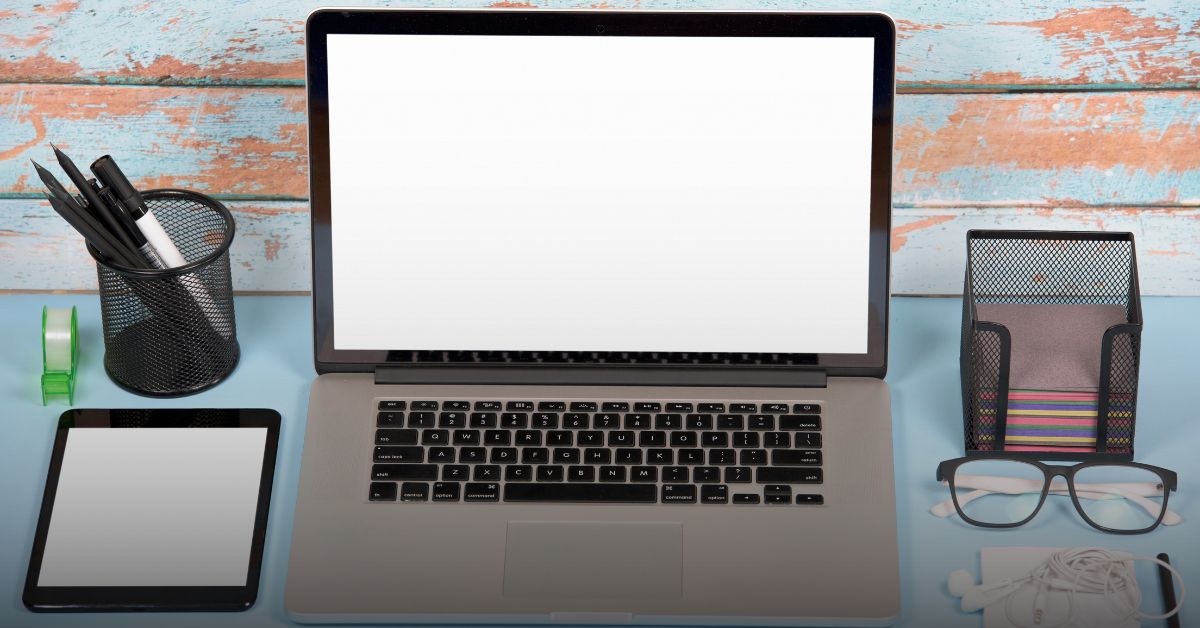Good morning, respected teachers, and my dear friends.
A Laptop is Better Than a Tablet: Today, I stand before you to speak about a topic that impacts many of us in our daily lives: Is a laptop better than a tablet? As students, we rely heavily on technology for our studies, and while both devices have their merits, I firmly believe that a laptop is better than a tablet for most of our academic needs.
A Laptop is Better Than a Tablet Speech
Let me take you on a journey of why I feel this way. Picture this: It’s the night before an important assignment submission. You’re rushing to finalize your research paper. Would you prefer the convenience of typing quickly on a full-sized keyboard with a large screen or struggling with a small, touch-sensitive display? This brings me to my first point productivity. A laptop, with its physical keyboard and precise trackpad, allows us to type faster, make fewer errors, and multitask more effectively. Switching between multiple tabs, running software like MS Word, PowerPoint, and even programming tools, is seamless on a laptop. A tablet, on the other hand, though lightweight and portable, simply doesn’t offer the same level of functionality when it comes to serious work.
Now let’s talk about compatibility and versatility. Whether it’s installing complex software or accessing the full functionality of websites, laptops have a clear edge. Many of our educational tools like simulation programs, design software, and even coding platforms are designed to work best on laptops. A tablet, while impressive for media consumption or note-taking, doesn’t support such heavy applications well. As students, we need devices that empower us to explore, create, and solve real-world problems, not just consume content.
Storage is another major advantage. Laptops come with larger storage options ranging from 256GB to over a terabyte. This is crucial when we have to store assignments, research papers, presentations, and projects. Tablets typically have less storage, which may limit how much we can keep on the device. And what about expanding storage? With laptops, adding more space is usually as easy as plugging in an external drive. Tablets, especially many popular models, often don’t offer such flexibility.
I can’t forget to mention the battery life and durability. Yes, tablets do have excellent battery life, but many modern laptops can now offer long hours of usage as well. Plus, laptops are more resilient in handling heavy workloads for extended periods. If you need to spend hours coding, editing videos, or running simulations, a laptop can handle it with ease.
Lastly, and perhaps most importantly for us as students, is the sense of comfort. Spending hours in front of a screen is our reality, especially with the increase in online classes and digital learning. The larger screen, ergonomic design, and customizable features of a laptop make it a far more comfortable choice for extended use. Struggling with a tiny screen on a tablet, squinting, or repeatedly adjusting your posture is not only frustrating but can also affect your productivity.
To conclude, while tablets are undeniably sleek, light, and perfect for casual use, when it comes to serious academic work, laptops outshine them in almost every aspect. As students, we need devices that support not just entertainment, but also learning, creativity, and efficiency. A laptop gives us the power to tackle complex tasks, explore new horizons, and prepare ourselves for a future that demands more than just tapping on a screen.
Thank you.
FAQs: A Laptop is Better Than a Tablet Speech
1. Why do you think a laptop is better for studying than a tablet?
I genuinely believe a laptop is better for studying because it provides a full, comfortable experience when it comes to tasks like writing long essays, researching, and multitasking. Typing on a physical keyboard and having multiple windows open without lag gives me the freedom to work efficiently. A tablet just doesn’t offer the same power or ease when handling bigger academic tasks.
2. Aren’t tablets more portable and easy to carry around?
Yes, tablets are definitely more portable and lightweight, which can feel really convenient at first. But while a tablet is great for on-the-go use, a laptop provides both portability and the kind of performance we need for more demanding schoolwork. Modern laptops are sleek and easy to carry, so you don’t have to compromise between portability and productivity.
3. Can’t tablets run the same apps and programs as laptops?
Some tablets can run a good number of apps, but the truth is, many of the specialized software and programs we need for school like advanced coding software, design tools, or data analysis programs run much more smoothly on a laptop. A laptop’s operating system is just more versatile when it comes to handling multiple tasks and more complex applications.
4. Don’t tablets have better battery life compared to laptops?
It’s true that tablets often have longer battery life for basic tasks like browsing or watching videos, but many modern laptops are closing that gap. Plus, when we’re working on major assignments or attending long online classes, we need more power and bigger screens to stay focused, which is where laptops excel. They can keep up with us even when we’re using heavy programs.
5. Why not just use a tablet with a keyboard attachment? Isn’t that the same as a laptop?
A tablet with a keyboard might seem like a laptop, but it doesn’t offer the same experience. The keyboard attachments are often smaller and less comfortable to type on for long periods. Plus, the overall functionality of a tablet is still limited when it comes to multitasking, file management, and running professional software. A laptop just feels more reliable and flexible when we need to get serious work done.






4 thoughts on “A Laptop is Better Than a Tablet Speech in English”